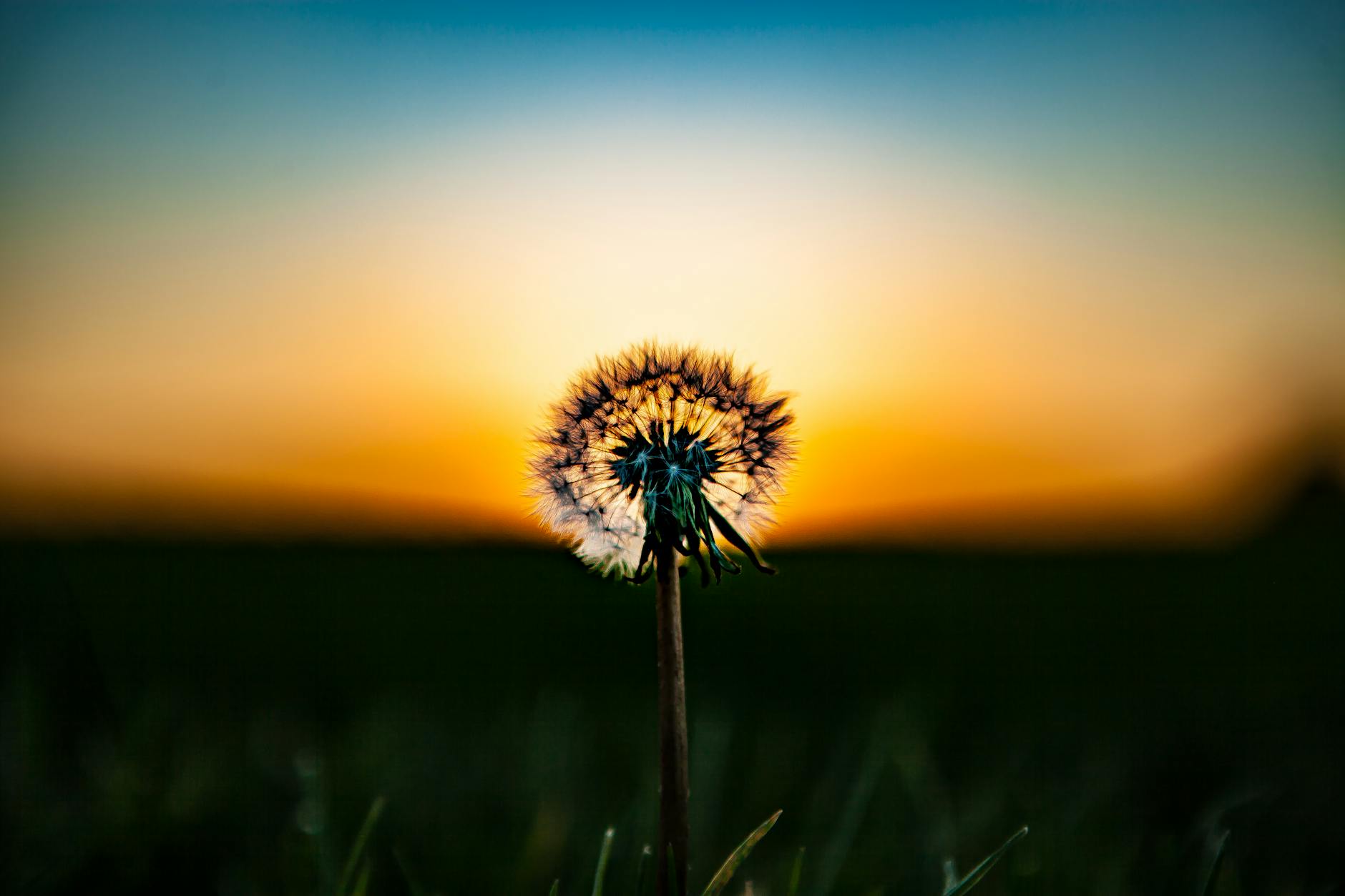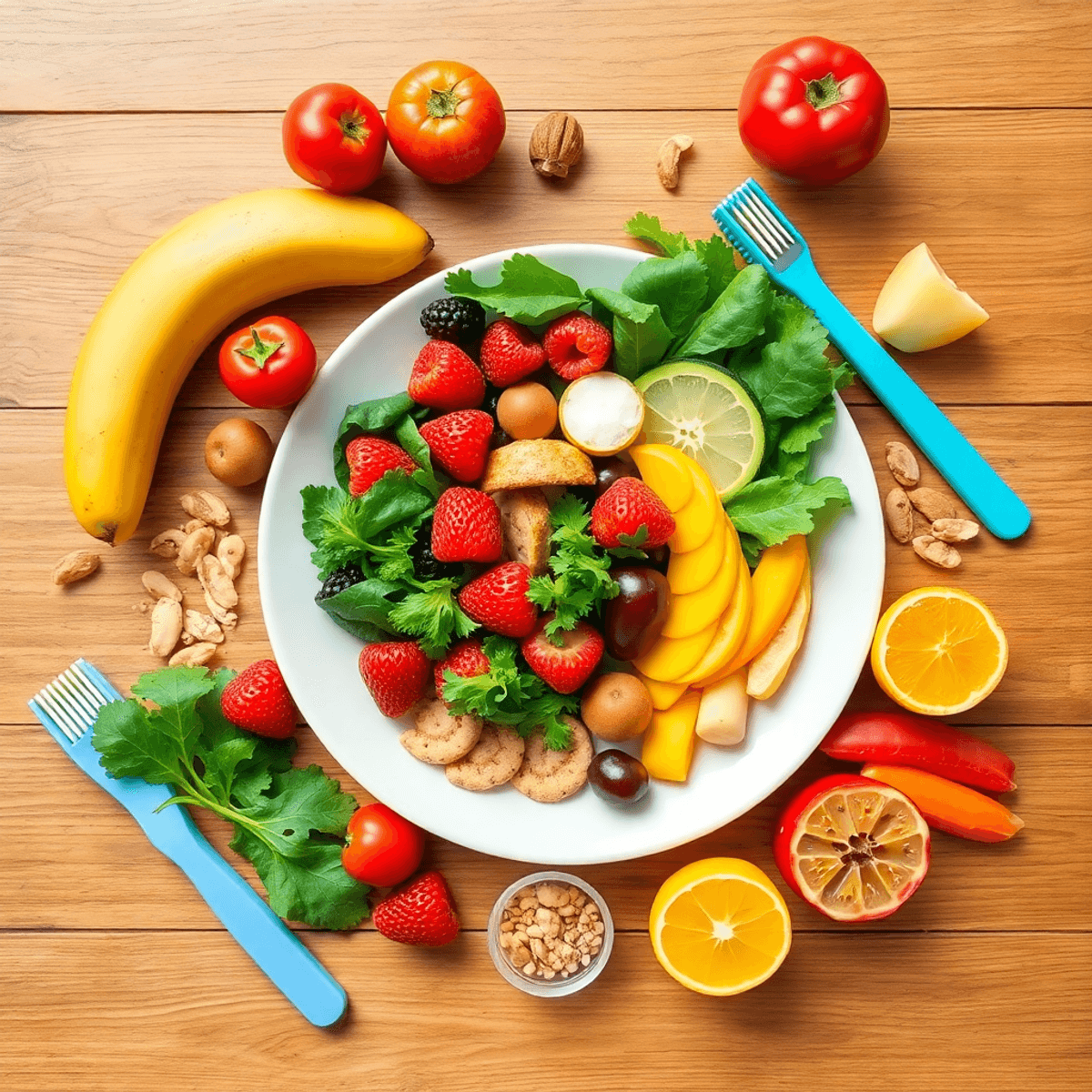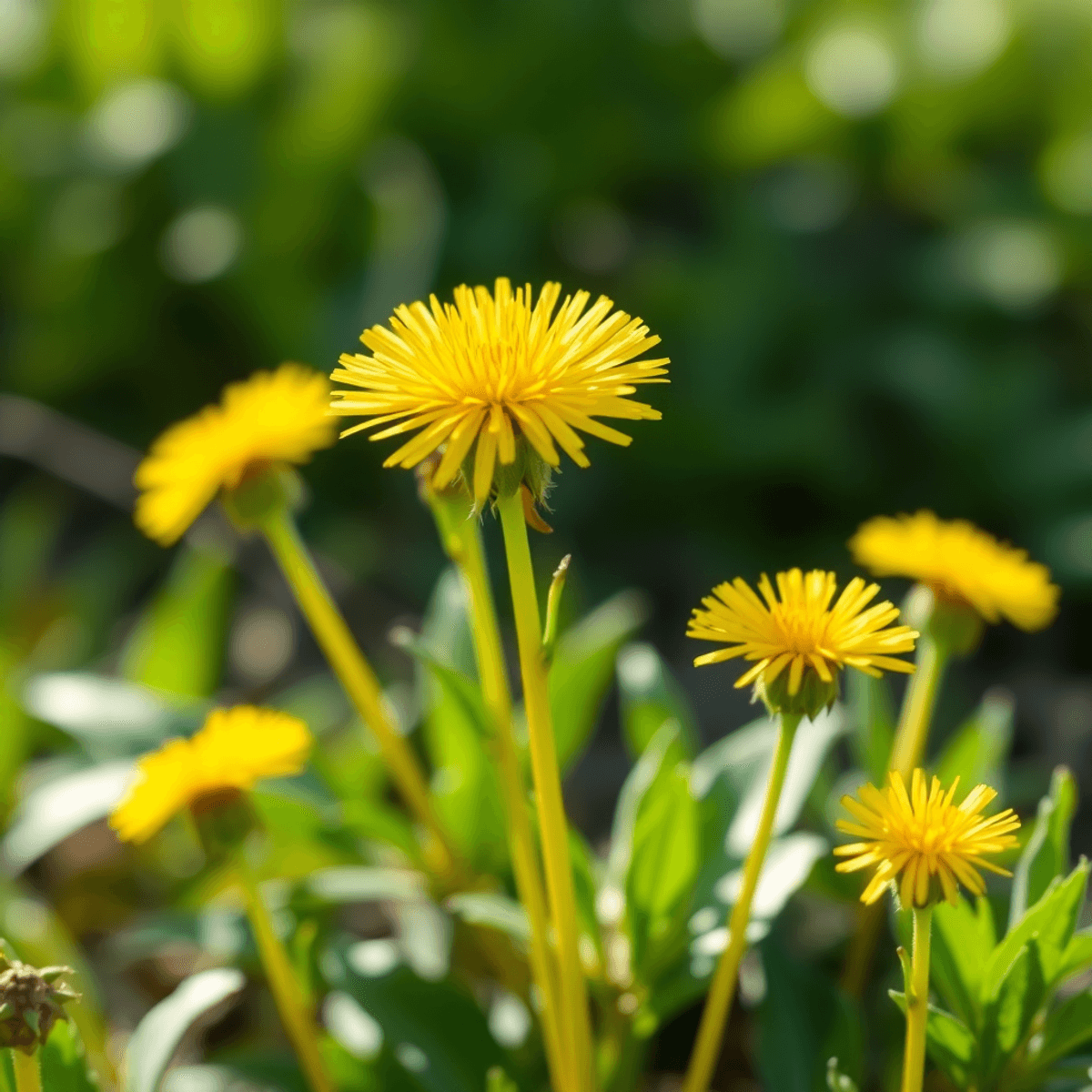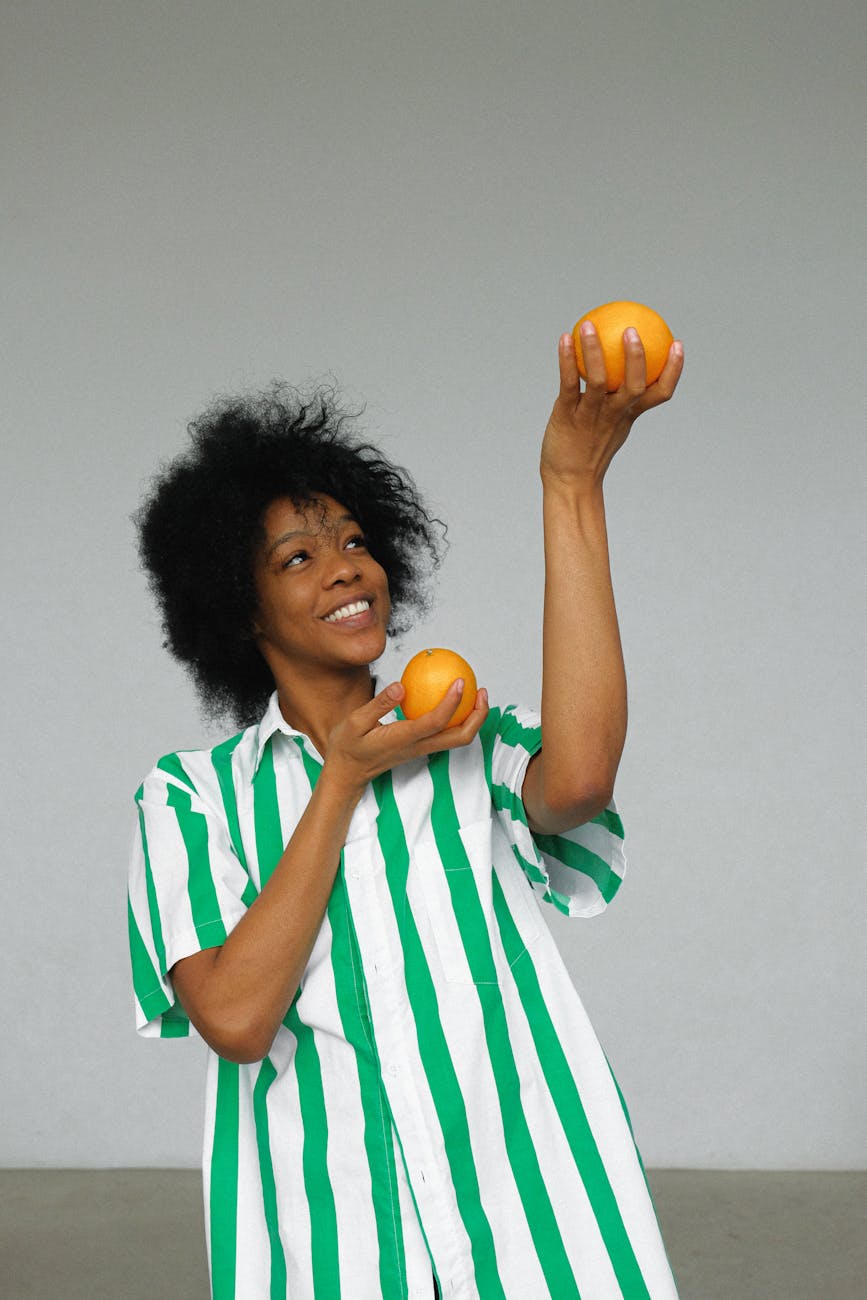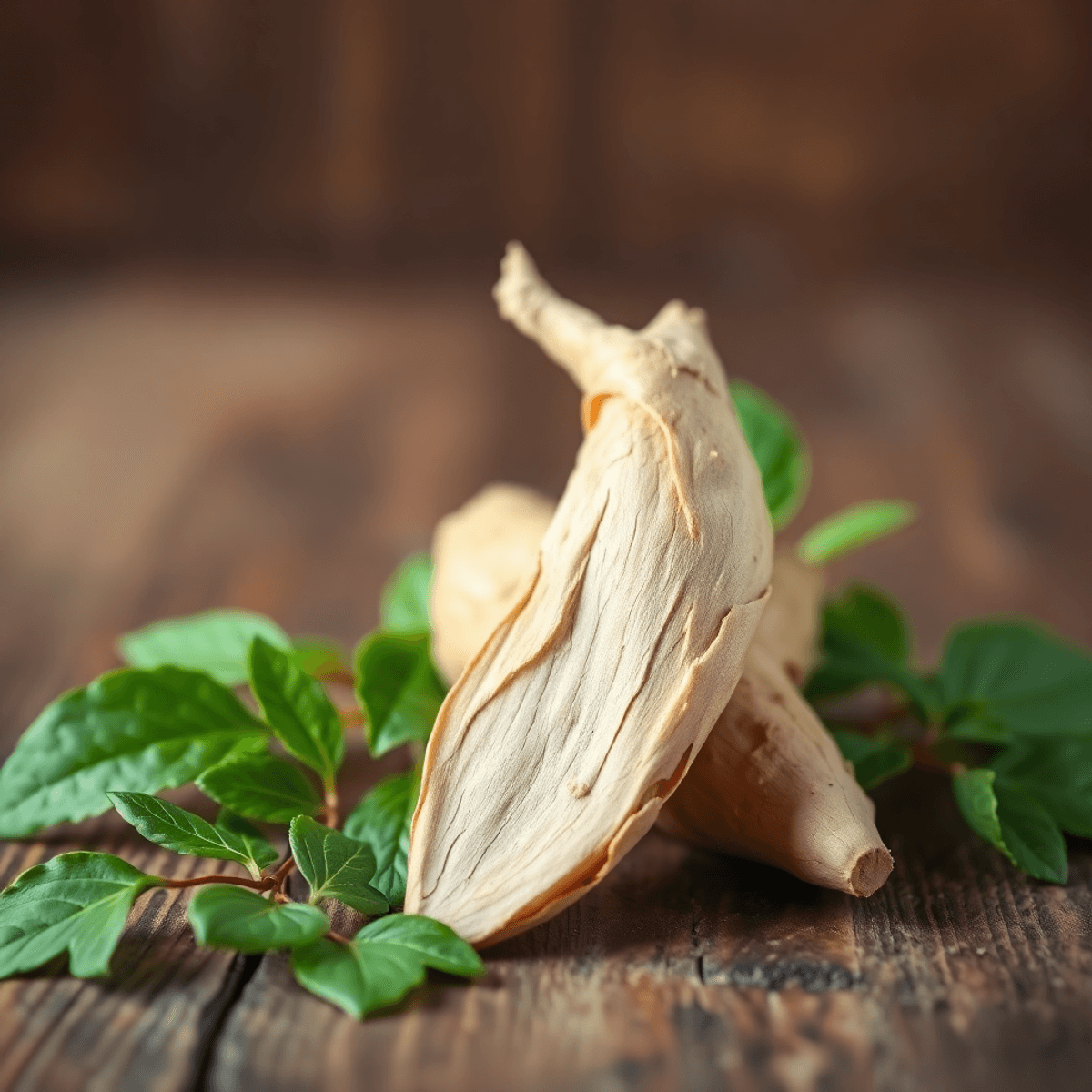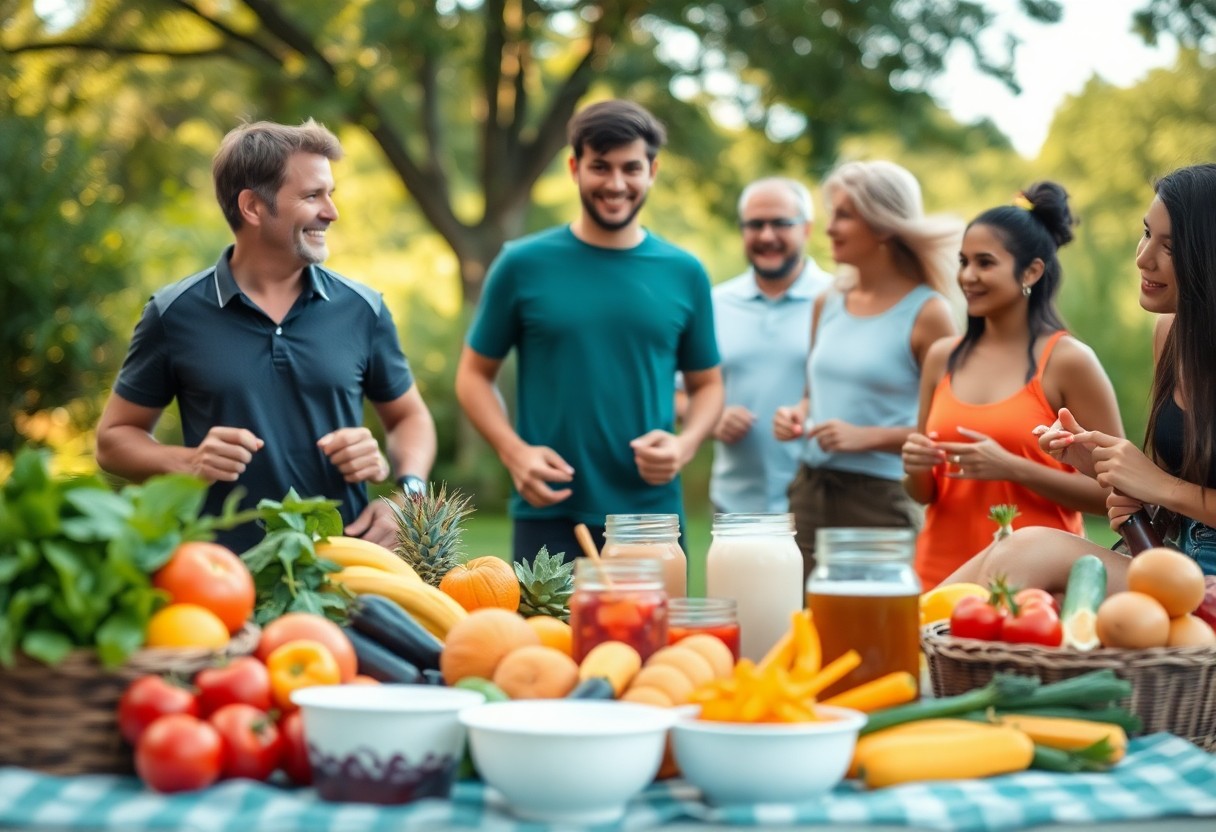Organic Living: A Beginner’s Guide to Transitioning Your Lifestyle
Welcome to the world of organic living! 🌱 If you’re considering making the shift to a more natural, eco-friendly lifestyle, you’re not alone. Many people are drawn to the idea of living organically to improve their health, reduce their environmental footprint, and support sustainable practices. This guide will walk you through the basics of transitioning to an organic lifestyle, providing useful tips and insights to make the journey enjoyable and fulfilling.
Table of Contents
1. Understanding Organic Living
2. Benefits of Going Organic
3. Steps to Transition Your Lifestyle
4. Common Challenges and How to Overcome Them
5. Conclusion
6. FAQ
Understanding Organic Living
Before diving into the how-to’s, let’s explore what organic living truly means. At its core, an organic lifestyle emphasizes the use of products and practices that are natural and minimally processed. This can include everything from the food you eat, to the clothes you wear, and even the cleaning products you use around the house.
Organic products are typically free from synthetic pesticides, fertilizers, and genetically modified organisms (GMOs). They also adhere to strict standards regarding animal welfare and sustainability. Embracing organic living is about making conscious choices that promote the well-being of both people and the planet. 🌍
Benefits of Going Organic
Why do people choose to go organic? Here are some compelling reasons:
1. Healthier Eating Habits: Organic foods are known for being free from harmful chemicals and additives. This can lead to better health outcomes, such as lower risks of allergies and chronic diseases.
2. Environmental Impact: Organic farming practices are designed to enhance ecological balance and biodiversity. By choosing organic, you contribute to reducing pollution and conserving water and soil health.
3. Supporting Ethical Practices: Organic standards often include humane treatment of animals and fair labor practices, ensuring that workers and animals are treated with respect.
4. Taste and Quality: Many people find that organic foods taste better and are of higher quality, as they are grown in nutrient-rich soil without artificial preservatives.
Steps to Transition Your Lifestyle
Ready to start your organic journey? Here are some practical steps to guide you:
Start Small and Steady 🐢
Transitioning to an organic lifestyle doesn’t have to happen overnight. Begin by incorporating organic products into your routine one by one. Start with items that are easy to switch, like fruits, vegetables, and dairy products.
Read Labels Carefully 🔍
Get into the habit of reading product labels to ensure they meet organic standards. Look for certifications like “USDA Organic” or “Certified Organic” to verify authenticity.
Shop Local and In-Season 🍎
Support local farmers by purchasing organic produce at farmers’ markets. Not only does this help your community, but it often provides fresher options. Buying in-season fruits and vegetables can also be more affordable.
DIY Household Products 🧼
Consider making your own cleaning and personal care products. Simple ingredients like vinegar, baking soda, and essential oils can be used to create effective organic alternatives.
Gradually Replace Wardrobe 👗
Switch to organic cotton or sustainable materials when updating your wardrobe. Look for brands that prioritize eco-friendly practices and fair trade standards.
Common Challenges and How to Overcome Them
Transitioning to an organic lifestyle isn’t without its hurdles. Here’s how to tackle some common challenges:
Cost Concerns: Organic products can be more expensive. To manage costs, prioritize purchasing organic for the “Dirty Dozen” (produce with the highest pesticide residues) and look for sales and bulk buying options.
Limited Availability: If organic options are scarce in your area, consider online shopping. Many retailers offer a wide range of organic products with delivery options.
Adjusting Habits: Changing habits can be tough. Take it one step at a time, and don’t be too hard on yourself. Celebrate small victories and keep learning along the way!
Conclusion
Embarking on an organic lifestyle journey is a rewarding endeavor that benefits both personal health and the environment. By making conscious choices and gradually incorporating organic practices into your daily life, you’ll be well on your way to living more sustainably. Remember, every small change counts towards a healthier planet and a healthier you. 🌟
FAQ
Q: How do I know if a product is truly organic?
A: Look for official certifications like “USDA Organic” on labels. This ensures the product meets strict organic standards.
Q: Is going organic worth the extra cost?
A: While organic products may be pricier, the health benefits and environmental impact often make them a worthwhile investment. Consider prioritizing essential items if budget is a concern.
Q: Can I transition to organic living even if I live in a city?
A: Absolutely! Urban areas often have organic markets and health food stores. You can also explore online options to access a wider range of organic products.
Q: Are all organic products automatically healthier?
A: Not necessarily. It’s important to maintain a balanced diet and lifestyle. Organic treats and processed foods should still be consumed in moderation.
Q: How can I encourage my family to adopt an organic lifestyle?
A: Involve them in the process! Cook organic meals together, visit farmers’ markets, and educate them on the benefits. Sharing knowledge and experiences can make the transition smoother and more enjoyable for everyone.
Check Out This Website
Check out this website for a variety of organic products.



